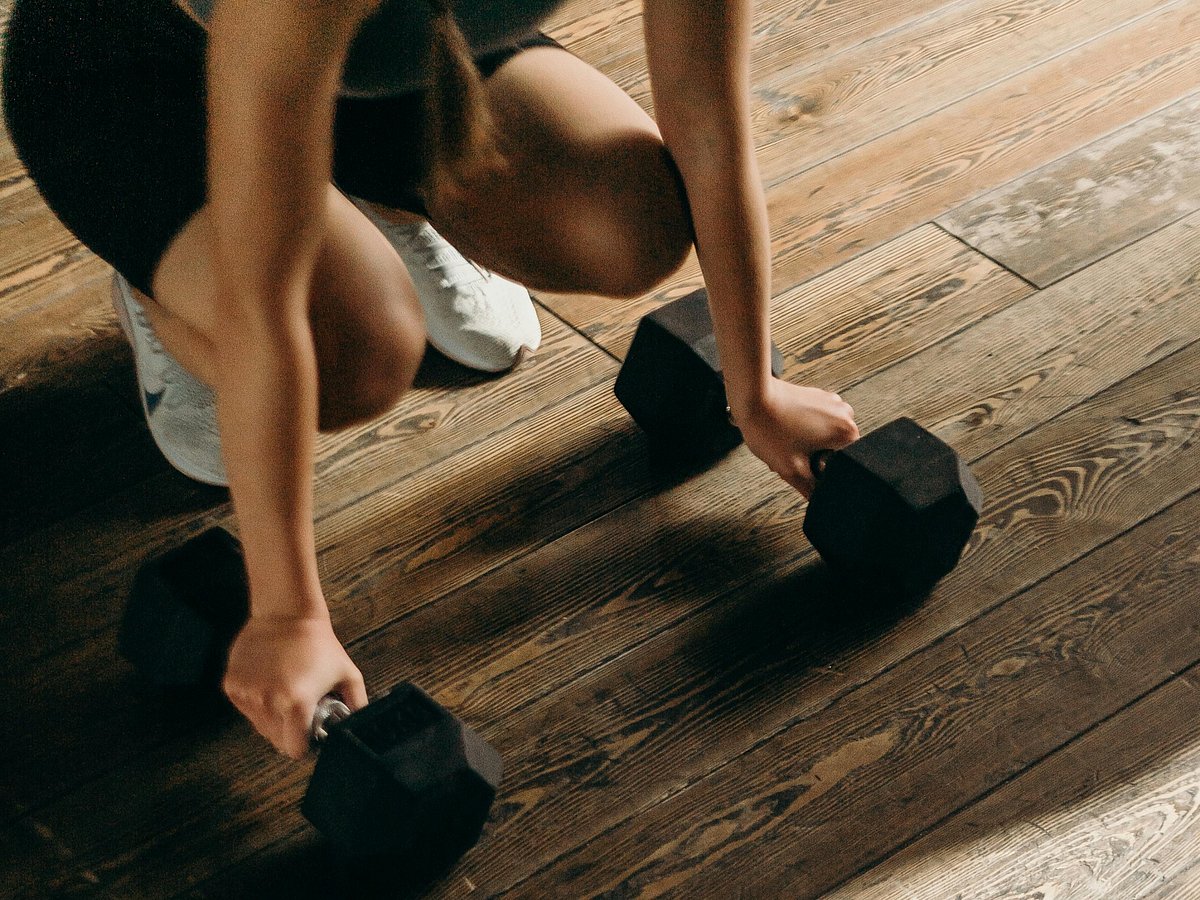Lifting weights isn’t just for muscles — it can slow down ageing, UAE doctors explain how
Strength training’s benefits go far beyond toned arms and better posture

You don’t need expensive serums and fancy spa treatments. The real age-reversing trick might just be hiding in the gym. Strength training, that practice of picking things up and putting them down, is proving to be one of the most powerful ways to keep your body young and your energy sky-high. And yes, experts are in full agreement.
As they say, strength training three time a week is one of the best ways to reduce biological age and extend your lifespan. According to Dr. Deepak Mullassery, Head of Physiotherapy at Medcare. “At Medcare Physio & Rehab Centre, we see first-hand how resistance training helps patients improve strength, balance, and recovery, allowing them to function at a younger biological level than their actual age.
Biological age, if you’re wondering, is your body’s real report card, the one that counts muscle strength, grip power, walking speed, balance, lung capacity, and even markers of inflammation. “From a physiotherapy perspective, these markers are central to our assessments,” Dr. Mullassery explains. “When peopleimprove their strength, endurance, and movement quality, we often see their functional age drop significantly compared to their chronological age.”
In other words, three dates a week with dumbbells might do more for you than that pricey collagen drink.
The science of staying young
Strength training’s benefits go far beyond toned arms and better posture. “Regular exercise has long been known to improve health, but research now suggests it can also influence how quickly — or slowly — we age,” says Dr. Amir Firouzjaei, Chinese Medicine Practitioner at Wellth. “Strength training, in particular, appears to have powerful effects on biological age, which is a measure of how old our cells and tissues behave, rather than the number of years we have lived.”
Dr. Firouzjaei, breaks it down simply: Lifting weights gets your heart rate up, boosts circulation, and delivers oxygen to cells. “Better circulation and oxygenation support the renewal and repair of tissues,” he says. “This helps reduce cellular damage, improve the quality of cells, and slow down their ‘death rate.’ Essentially, exercise stimulates the body to replace old or damaged cells with healthier and more functional ones.”
Essentially, your cells get replenished, your body gets younger, and you get to feel healthy.
What studies say
A 2025 study in GeroScience followed young and older men through 12 weeks of resistance training and tracked changes in their muscles at the genetic level. The researchers found that lifting weights not only built muscle but also reduced key aging-related genes in older men, essentially making their muscle tissue act “younger.” The participants also gained lean muscle and improved their mitochondrial function — meaning better energy production and recovery.
Meanwhile, a large analysis of nearly 4,800 people found that those who strength trained about three times a week had longer telomeres — the protective caps on our DNA that shrink as we age. Longer telomeres are linked to slower biological aging, and researchers estimated that regular lifters were biologically almost eight years younger than non-lifters. In other words, lifting weights might not just change how you look — it could actually turn back your body’s cellular clock.
How to start an age-defying routine
Dr. Mullassery recommends following the FITT principle: Train three times per week, for 45–60 minutes, using the right intensity and exercise type. This means squats, push-ups, rows, step-ups, and planks. Pair that with adequate protein, good hydration, and sleep, and you’ve got yourself a recipe for staying forever young (or close enough).
Supervision is key, though — because bad form can do more harm than good. “Under guided physiotherapy-based protocols, the benefits far outweigh the risks,” Dr. Mullassery notes.
So next time you’re tempted to skip the gym, remember this: strength training isn’t just about sculpting muscles — it’s about turning back your biological clock and giving yourself more strong, independent, vibrant years.
Network Links
GN StoreDownload our app
© Al Nisr Publishing LLC 2026. All rights reserved.